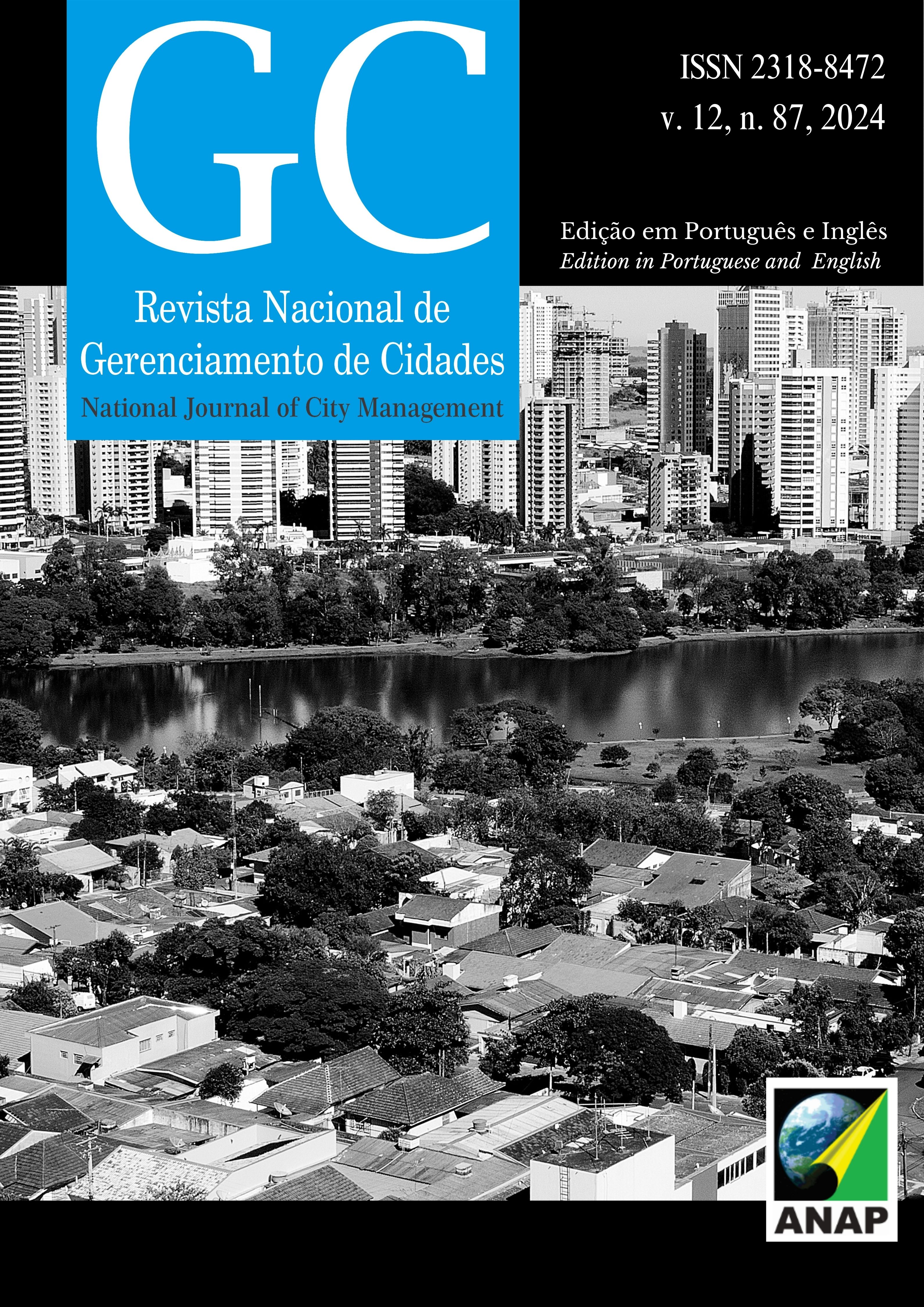Urban Sustainability Indicator System for Small Cities
Proposition and application in the municipality of Conde/PB
DOI:
https://doi.org/10.17271/23188472128720245181Keywords:
Urban management and planning, Urban indicators, Sustainable small citiesAbstract
The use of urban sustainability indicator systems has been gaining increasing importance as a tool for creating and redefining public policies and urban management. The 2030 Agenda emphasizes the need to adapt these systems to local contexts, particularly in smaller cities. In this context, the article aims to propose an urban sustainability indicator system for a small city in the state of Paraíba, Brazil. Methodologically, this is an exploratory research with the collection of secondary and primary data in both quantitative and qualitative forms. The results obtained point to a set of 65 indicators aligned with the urbanization process within the territorial scope of the studied city, representing aspects that should be prioritized in public policies and urban management of the municipality, as well as being adaptable and applicable to other similar territorial contexts.
Downloads
Downloads
Published
Issue
Section
License
Copyright (c) 2024 National Journal of City Management

This work is licensed under a Creative Commons Attribution 4.0 International License.














